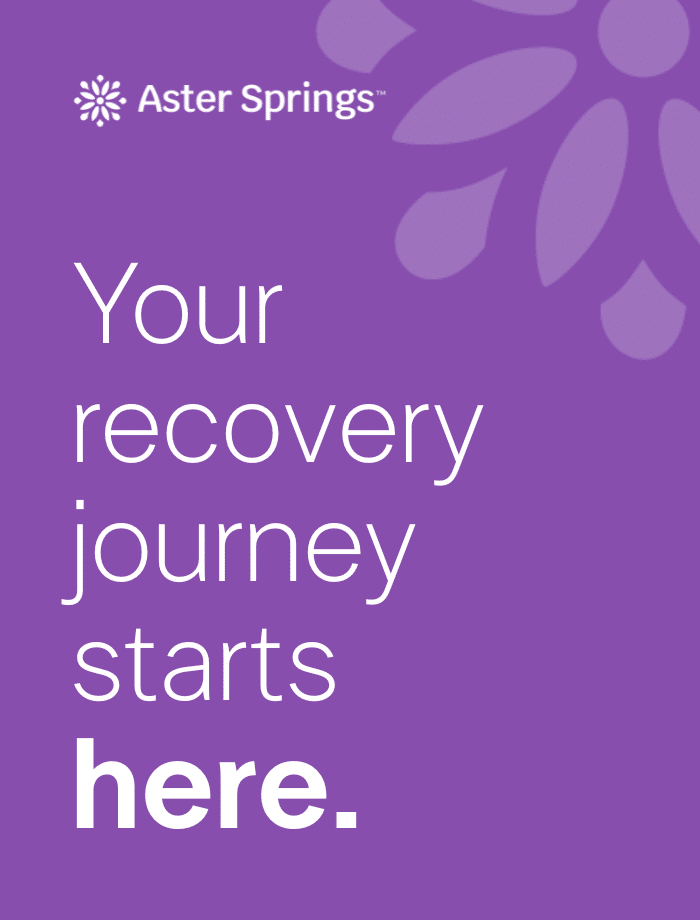You’ve laid out a delicious meal, selected your favorite protein, loaded up with some delicious freshly baked bread, added some melty cheese for good measure, and eaten everything in sight. After you take the last bite, the little voice in the back of your head maliciously says, “you shouldn’t have done that. Now you have to make up for those extra calories.” It’s a guilt that has plagued society for years, but is feeling guilty after eating an eating disorder? Is it a symptom? The underlying cause? The answer is slightly more complicated than a simple yes or no answer.
Why Do We Feel Guilty After Eating Specific Foods?
In the public consciousness, the discussion surrounding food has boiled down to placing food in two incredibly broad categories — good versus bad. The truth is that all foods provide some form of nutrients and nourishment, but by attributing a moral alignment to these food products, people can begin to feel guilty about eating certain foods.
As people continue to associate particular foods with being good, bad, or a cheat meal, feelings of guilt and shame will continue to dominate the nutrition industry and potentially lead to more people developing eating disorders. These negative emotions can lead to self-loathing, shame, and general hopelessness when surrounded by food. They may place self-assigned rules about what they can eat, how much, and how often to try and feel more in control. However, the more power they seek may end up pushing them down a self-destructive path.
Seeking Control in a Chaotic World
When someone feels intense guilt whenever they eat, the uncomfortable feelings and negative thought patterns can quickly send them into a spiral where they seek control however they can find it. The negative self-talk dominates their internal dialogue, and they may resort to things like calorie-tracking apps, overly restrictive diets, and clinical eating disorders to regain that feeling of control.
Whether it’s anorexia, bulimia, or binge eating disorder, these thoughts and behavioral patterns can ingratiate their way into their daily lives and become the predominant thoughts. They listen to the guilt-fueled voice telling them they aren’t good enough, they could be doing more, and that their current state — no matter what it is — isn’t worthy of love.
The Underlying Emotions Surrounding Food Guilt
Feeling food guilt in and of itself isn’t classified as an eating disorder — it’s how these feelings influence our behaviors and becomes a trigger for something else that can become a problem. The feelings of judgment over what we choose to eat become prevalent and the only thing we think about before we go out to eat with friends or even get a meal with a loved one. The guilt hides the inability to love ourselves, accept who we are, and be gentle with ourselves in times of crisis.
Breaking the Cycle of Food Guilt
Learning how to break the internal struggle surrounding food guilt and any associated eating disorders can be challenging for any person. These are deeply ingrained feelings we have learned to associate with food that has informed our behaviors for generations. However, with the right love, care, and support system in place, you can find powerful ways to break the cycle of food guilt and remake your relationship with food. Aster Springs can help.
If you or a loved one is suffering from an eating disorder or intense feelings of food guilt, our personalized eating disorder treatment centers have helped countless people like you get the help they need. Find the location nearest you to learn more about the eating disorders we treat and speak to a member of the team today.
Sources:
https://www.self.com/story/tips-for-combating-food-guilt-and-shame


